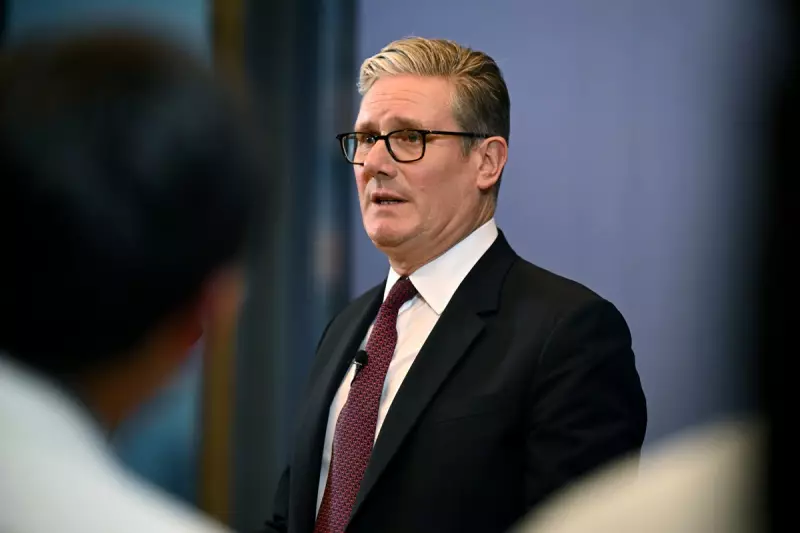
In a dramatic political intervention that has sent shockwaves through Westminster, former US President Donald Trump has directly challenged Sir Keir Starmer over the Labour leader's stance on the Gaza conflict.
The extraordinary confrontation occurred during a private conversation where Trump reportedly questioned Starmer's position on the ongoing Israel-Palestine situation, creating an unexpected diplomatic moment that bridges British opposition politics and American influence.
Behind the Scenes: Trump's Direct Challenge
According to sources familiar with the exchange, the former US president engaged Starmer in a substantive discussion about Middle Eastern policy, specifically focusing on the Labour leader's approach to the Gaza situation. The conversation represents a significant moment in UK-US political relations, demonstrating how international figures are closely monitoring British political positions on global conflicts.
Political analysts suggest Trump's intervention highlights the growing international scrutiny of Starmer's foreign policy credentials as he positions himself as Britain's next potential prime minister.
Starmer's Delicate Balancing Act
The Labour leader has faced considerable pressure from within his own party to take a stronger stance on the humanitarian situation in Gaza while maintaining support for Israel's security concerns. Trump's direct engagement with this sensitive issue underscores the international dimensions of what had previously been viewed as primarily a domestic political challenge for Starmer.
Sources indicate the exchange was substantive rather than confrontational, with both leaders expressing their positions clearly on one of the world's most complex geopolitical issues.
Political Fallout and International Implications
This unexpected diplomatic encounter raises important questions about how a future Labour government might navigate relationships with key international allies, particularly given Trump's potential return to the White House following the upcoming US elections.
The conversation also demonstrates how British opposition leaders are increasingly treated as statesmen-in-waiting by international figures, granting them access and engagement typically reserved for sitting government officials.
Westminster insiders are closely analysing the implications of this exchange, particularly how it might affect Starmer's positioning on Middle Eastern policy and his relationship with both progressive elements within his party and international partners.





